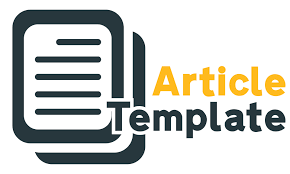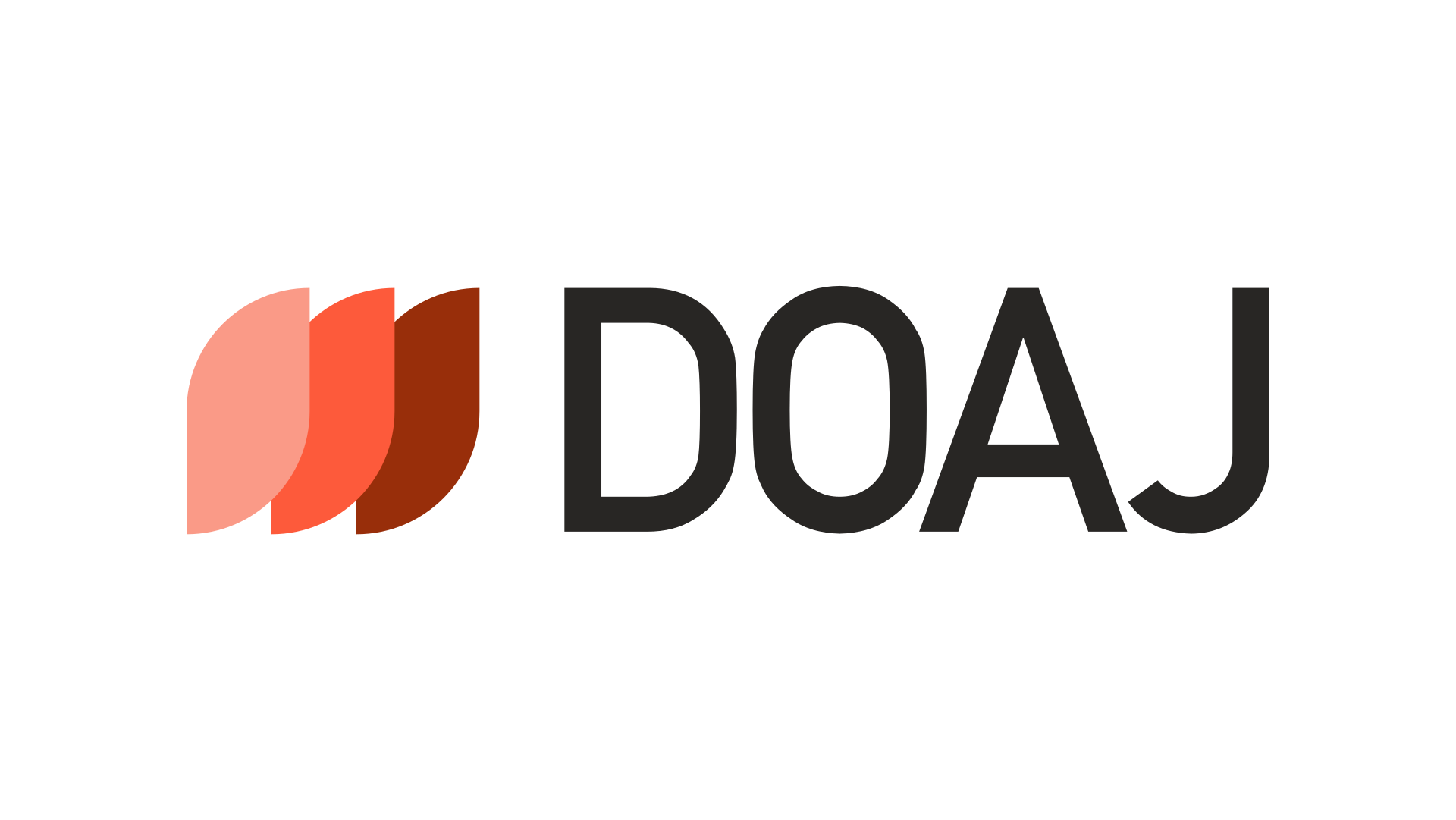The effect of ethical orientation, anticipative socialization, and employee organizational commitment to whistleblowing behavior
DOI:
https://doi.org/10.38043/revenue.v4i2.5230Keywords:
Ethical orientation, anticipatory socialization, organizational commitment, whistleblowingAbstract
The aim of this study was to determine the factors that influence employees' actions in viewing fraud or corporate violations and becoming whistleblowers as part of the internal control system. The goal was to minimize social losses arising from unethical behavior within the company. The population of the study comprised all employees of private hospitals in Bali, specifically in the districts of Jembrana, Tabanan, Badung, Gianyar, and Denpasar. A sample of 100 employees was selected from this population, with data collected through online questionnaires distributed to several employees working in these private hospitals. The data used were primary data collected through online questionnaires (Google Forms). The data analysis technique included a data test instrument consisting of validity and reliability tests. The Classical Assumption Test included the Normality Test, Multicollinearity Test, and Heteroscedasticity Test. Additionally, this study employed Multiple Linear Regression Analysis. Hypothesis testing was conducted using the Hypothesis Test (t-test). The results of this study indicated that there was no significant negative influence of ethical orientation on employee whistleblowing behavior in private hospitals in Bali. However, anticipatory socialization and organizational commitment had significant positive effects on whistleblowing behavior.
References
Articles
Ahmad, S., Smith, G., and Ismail, Z. (2012). Internal whistle-blowing intentions: A study of demographic and individual factors. Journal of Modern Accounting and Auditing, 8(11), 1632–1645. http://ro.ecu.edu.au/ecuworks2012/638
Aruoren, E. E., & Oboreh, J. (2020). Whistleblowing intention and organizational commitment. International Journal of Business and Social Science, 11(3), 112-120. . https://doi.org/10.30845/ijbss.v11n3p14
Basri, Y. M., Riarni, F., Azlina, N., & Indrapraja, M. H. D. (2020). Factors that influence whistleblowing intentions village government official. JRAK, 12(2), 87-93. https://doi.org/10.23969/jrak.v12i2.3125
Caillier, J. G. (2015). Transformational leadership and whistle-blowing attitudes: Is this relationship mediated by organizational commitment and public service motivation? The American Review of Public Administration, 45(4), 458-475. https://doi.org/10.1177/0275074013515299
Dasgupta, S., & Kesharwani, A. (2011). Whistleblowing: A Survey of Literature. The IUP Journal of Corporate Governance, 4, 57–70.
Elias, R. (2008). Auditing students’ professional commitment and anticipatory socialization and their relationship to whistleblowing. Managerial Auditing Journal. https://doi.org/10.1108/02686900810857721
Forsyth, D. R. (1980). A taxonomy of ethical ideologies. In Journal of Personality and Social Psychology, 39(1), 175–184. https://doi.org/10.1037//0022-3514.39.1.175
Gagnon, M., & Perron, A. (2020). Whistleblowing: A concept analysis. Nursing & Health Sciences, 22(2), 381-389. https://doi.org/10.1111/nhs.12667
Hennequin, E. (2020). What motivates internal whistleblowing? A typology adapted to the French context. European Management Journal, 38(5), 804-813. https://doi.org/10.1016/j.emj.2020.03.005
Icek, A. (1991). The Theory of Planned Behavior Organizational Behavior and Human Decision Processes. Organizational Behavior and Human Decision Processes, 50(2), 179–211. https://doi.org/10.1016/0749-5978(91)90020-T
Janitra, W., Hardi, H., & Wiguna, M. (2017). Pengaruh orientasi etika, komitmen profesional, komitmen organisasi, dan sensitivitas etis terhadap internal whistleblowing (Studi Empiris pada SKPD Kota Pekanbaru). Jurnal Online Mahasiswa Fakultas Ekonomi Universitas Riau, 4(1), 1208–1222.
Kang, M. M. (2023). Whistleblowing in the public sector: a Systematic literature review. Review of Public Personnel Administration, 43(2), 381-406. https://doi.org/10.1177/0734371X221078784
Krambia-Kapardis, M. (2020). An exploratory empirical study of whistleblowing and whistleblowers. Journal of financial crime, 27(3), 755-770. https://doi.org/10.1108/JFC-03-2020-0042
Mayasari, M., Setiyanto, A. I., & Irawati, R. (2018). Pengaruh faktor-faktor individual terhadap niat melakukan whistle-blowing internal dan eksternal pada akuntan di Batam. Jurnal Gama Societa, 2(1), 48-53. https://doi.org/10.22146/jgs.40425
Mela, N. F., Zarefar, A., & Andreas. (2016). The relationship of professional commitment of auditing student and anticipatory socialization toward whistleblowing intention. Procedia - Social and Behavioral Sciences, 219, 507–512. https://doi.org/10.1016/j.sbspro.2016.05.027
Pangestu, F., & Rahajeng, D. K. (2020). The effect of power distance, moral intensity, and professional commitment on whistleblowing decisions. Journal of Indonesian Economy and Business: JIEB., 35(2), 144-162. https://doi.org/10.22146/jieb.55010
Setiawati, L. P., Sari, M. M. R., & Maria, M. (2016). Profesionalisme, komitmen organisasi, intensitas moral dan tindakan akuntan melakukan whistleblowing. E-Jurnal Akuntansi Universitas Udayana, 17(1), 257-282. https://erepo.unud.ac.id/id/eprint/7812
Su’un, M., Hajering, H., Muslim, M., & Rifky, M. (2020). Professional commitment and locus of control toward intensity in whistleblowing through ethical sensitivity. Jurnal Akuntansi, 24(1), 100-118. https://doi.org/10.24912/ja.v24i1.659
Taylor, E. Z., & Curtis, M. B. (2010). An examination of the layers of workplace influences in ethical judgments: Whistleblowing likelihood and perseverance in public accounting. Journal of Business Ethics, 93(1), 21–37. https://doi.org/10.1007/s10551-009-0179-9
Tuan Mansor, T. M., Mohamad Ariff, A., & Hashim, H. A. (2020). Whistleblowing by auditors: the role of professional commitment and independence commitment. Managerial Auditing Journal, 35(8), 1033-1055. https://doi.org/10.1108/MAJ-11-2019-2484
Zakaria, M., Abd Manaf, K., Nurmala Sari, E., Syed Yusuf, S. N., Abdul Rahman, R., & Hamoudah, M. M. (2021). Effective internal controls and governance: Analysis of ethical culture and ethical evaluations on whistleblowing intentions of government officials. Polish Journal of Management Studies, 23(1), 487-502. https://doi.org/10.17512/pjms.2021.23.1.30
Zeng, C., Kelly, S., & Goke, R. (2020). Exploring the impacts of leader integrity and ethics on upward dissent and whistleblowing intentions. Communication Reports, 33(2), 82-94. http://dx.doi.org/10.1080/08934215.2020.1761413
Books
ACFE. (2018). Global study on occupational fraud and abuse. Association of Certified Fraud Examiners.
Brough, P., Lawrence, S. A., Tsahuridu, E., & Brown, A. J. (2022). The effective management of whistleblowing: The whistleblowing response model. In Handbook on Management and Employment Practices (pp. 437-458). Cham: Springer International Publishing.
Hair, J. F. Jr., Black, W. C., Babin, B. J., & Anderson, R. E. (2010). Multivariate data analysis (7th ed.). Pearson Education Inc.
Institute of Business Ethics. (2018). Business ethics & artificial intelligence. [Online document].
Robbins, S., & Judge, T. A. (2002). Perilaku organisasi. Salemba Empat.
Sang, K., Ison, S., Dainty, A., & Powell, A. (2009). Anticipatory socialization amongst architects: A qualitative examination. Education and Training. https://doi.org/10.1108/00400910910964584
Tuanakotta, T. M. (2015). Akuntansi forensik dan audit investigatif. Lembaga Penerbit Fakultas Ekonomi Universitas Indonesia.
Thesis
Merdikawati, R. (2012). Hubungan komitmen profesi dan sosialisasi antisipatif mahasiswa akuntansi dengan niat whistleblowing [Undergraduate Thesis, Universitas Diponegoro].
Downloads
Published
How to Cite
Issue
Section
License
Copyright (c) 2023 I Nengah Aristana, Ni Ketut Ayu Ratna Sari

This work is licensed under a Creative Commons Attribution-ShareAlike 4.0 International License.











